What inspired you to focus your energy on Žilina’s hockey club?
A combination of factors. First of all, I have always been a big sports fan. Coming from Trenčín, hockey belongs to my favorite sports. When studying economics many years ago, I started to focus on the business side of sports. Sport-tech and innovation became my hobby, which resulted in several start-up projects in this area. However, when I discussed them with owners of various sports clubs, they could not see that focusing on innovation and data analytics brings competitive advantage. Having seen their lack of understanding, I decided to prepare a project on how, in my view, a modern sports club should be managed. Moreover, after my previous role, my aim was to go back to business and be an entrepreneur again. Lastly, I want to prove that you don’t have to be a millionaire to successfully manage a sports club in Slovakia, without debts or non-transparent funding. You just have to disrupt the way it’s done today.
What will be your personal role in this project?
I am the majority owner and the CEO of Vlci Žilina (Wolves Žilina). My plan is to be involved in daily management and operations. This is now my full-time job.
Only a small number of owners in Slovakia manage the clubs as their main activity, and, to be honest, this is part of the problem in Slovak sports. Sports clubs require much more attention and cannot be just a hobby or a side-project. In the long run, I want to explore opportunities that could arise for my other companies, but as of today, I am fully committed to building a successful sports business.
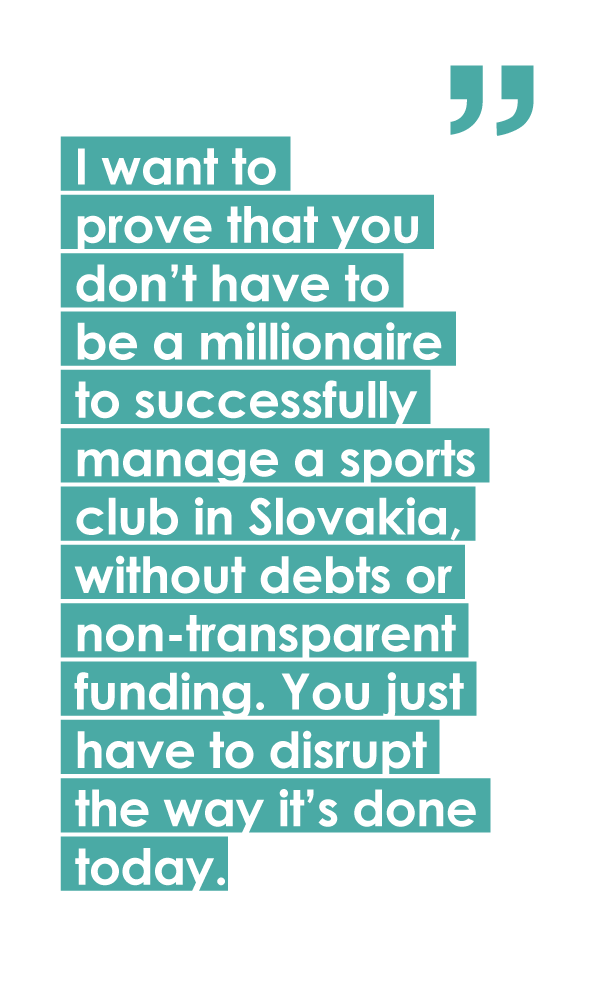
Another reason why I want to be involved in operational decisions is that I sometimes have a different view on topics. Not having worked in the sports industry before, I am not influenced by traditional or usual way of doing things. I can however bring my experience from other sectors and hopefully an out-of-the-box approach. Almost all clubs are managed by former players or by other individuals, who have been involved in hockey for decades. I believe that an external perspective will be beneficial to the team. For instance, joining AmCham has been unheard of in the Slovak sports business.
What is your vision for Vlci Žilina and how does it translate into its potential positive effect on the city?
My objective is to make Vlci Žilina the most transparent, innovative and modern ice hockey club in Slovakia, focused on sport activities, but being a respected member of the local community at the same time.
The previous owner of the club was the city of Žilina, which was a disadvantage, at least to a certain degree. Some decisions were influenced by the local politics. There was almost no stability, with negotiations about the financial support from the city repeating every year. This one element has been eliminated, as we have signed a three-year contract with the city. Both parties understand their respective roles, priorities and conditions. I believe that our cooperation with the city of Žilina will go beyond financial support. We have already established links with the youth hockey club, which is still owned and managed by the city. There is a lot of room for other joint projects, which could contribute to smart and innovative Žilina. Examples include optimizing the public transportation during game days or streamlining the energy consumption of the stadium to achieve higher efficiency.
The perception of the public has shifted as well, and the club is now seen in a positive light. Our goal is to build on this momentum and create an actual, lasting bond between the club and its fans. We will shortly launch a membership program for the fans and involve them with the Vlci team.
Where do you see the keys to turning this vision into reality?
One of the crucial steps was the signing of the three-year contract with the city of Žilina, as stability and predictability is very important to any sport or business. Another important element is to have a clear strategy for achieving our goals. We have developed a very detailed business plan, which was presented to the City Council and approved in the course of the acquiring process. It contains more than 150 concrete measures that will be implemented during the three-year period. Additionally, we are lucky to have partnerships with the University of Žilina, their Innovation hub and with the big industrial cluster present in the region.
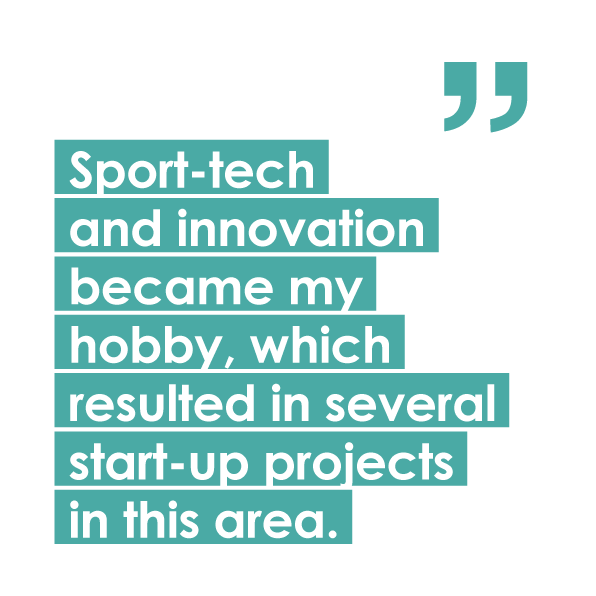
Finding reliable partners from the business sector is a difficult task for most hockey clubs in Slovakia. What do you plan to offer to potential partners and how would you imagine their involvement?
Having discussed this with many businesses, I believe there are three main reasons why sports clubs have difficulties in finding the right partners in Slovakia. Firstly, in some cases, there is a negative public perception of the club owner, or of the club itself, and the companies understandably do not want to be associated with them. Secondly, some clubs are heavily dependent on one general partner or main sponsor. This is problematic especially for SMEs, whose support would seemingly not be as important or appreciated by the club, and they feel that they would not get the desired visibility for their money. Thirdly, for some of the potential sponsors, the value for money is just not there – a logo on the ice is not enough and clubs are not offering unique, tailor-made marketing value.
We want to have a different approach. Our aim is to offer added value to our partners, be creative and use the “wolves” identity when developing special PR campaigns for every partner. As an example, we have approached a bigger foreign company, also an AmCham member, about potential partnership. While their HQ does not allow sports sponsorships, we have discussed other possibilities and came up with a joint CSR project. We plan to establish an ice-skating school in our stadium, giving underprivileged children, most of them from the Roma minority, a chance to learn how to skate.
We are also the first ice hockey club in Slovakia to have started an e-sports division. The winner of Slovak EA Sports NHL 20 Championship has recently signed with us. While to some this may sound ridiculous, it actually allows us to access a new, very unique fan base and creates additional marketing opportunities.
If you forget the actual game for a moment, the club becomes a PR agency, helping businesses to promote their products and services via unique links with fans/customers. Just as any other marketing platform, the key is to find an unconventional approach.
Many people are very skeptical when it comes to evaluating the business potential of running a hockey club in Slovakia. What do you plan to do differently to avoid the risks and create a financially profitable organization?
We have a very strict budget and set rules for expenditures. All purchases are subject to serious procurement, aiming at highest possible value for money. Still, there are ways of increasing revenue that many clubs simply do not take advantage of. For example, we do not plan to rent out restaurant and buffets in the stadium, or let the suppliers manage our fan-shop. We want to do everything in-house and keep the margin. For some of the products and services we need, we are actually using barter trade to minimize costs.
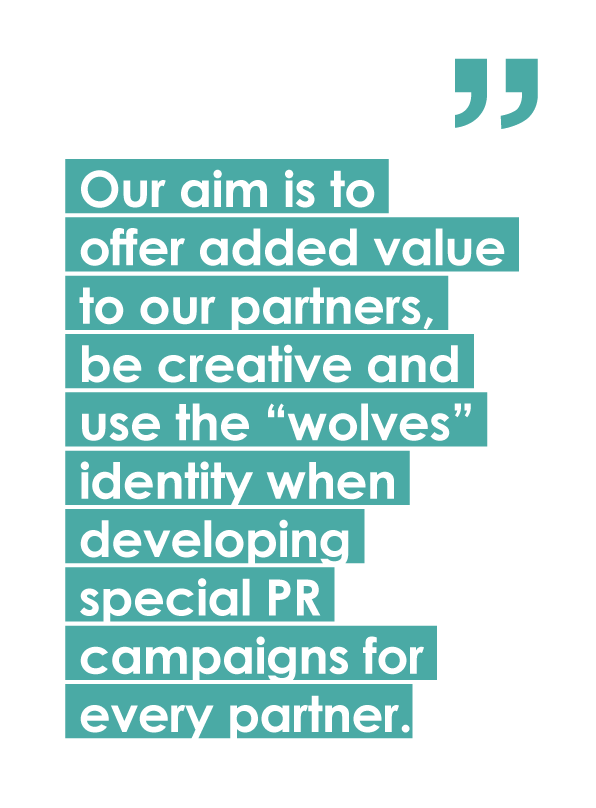
Our relationship to players and fans is key. We made a commitment to be a reliable, transparent club. And, as ice hockey is one of the most popular sports in Slovakia, I believe that this approach will bring the attention of fans and through that, sponsoring opportunities.
Where do you see the biggest space for improvement in terms of strategy and long-term planning when it comes to running the club?
A club needs to have a vision and follow a concrete plan. Very often, it is the over-reaction to a short-term negative fluctuation which hurts clubs the most. Replacing the coach or two thirds of players every year is not helpful either, yet it is happening too frequently. That is why we have a three-season plan and during this period, the core of the team and coaching staff should remain as stable as possible.
Next, we need to achieve incremental gains in all our activities, which will translate into gradual progress. Similar to other areas, sport is evolving very quickly. When making decisions, clubs should consider all the new knowledge available.
At the recent press conference you introduced several innovations you plan to implement, such as data analytics when it comes to evaluating the players’ performance and importance for the club. Do you plan to make innovations a part of your overall strategy?
Bringing innovation and data analytics to sports is the main reason why I entered this market. We are currently the only hockey club in Slovakia which analyzes data, with our proprietary software for real-game data collection.
My goal is to provide a testbed for Slovak sport-tech and fan-engagement companies. In Žilina they will be able to verify their concept and get a reference. We also get something from this – be it new suppliers or partners.
While this will create a competitive advantage for us in the hockey league, my plan is to explore other opportunities in the future. For example, bringing data analytics and innovation also to other areas. Ice hockey or other sports can provide powerful examples of how to profit from using data. It is then much easier to explain to business owners that their companies can also benefit from innovative solutions.
Rastislav Chovanec, Majority owner & CEO, Vlci Žilina

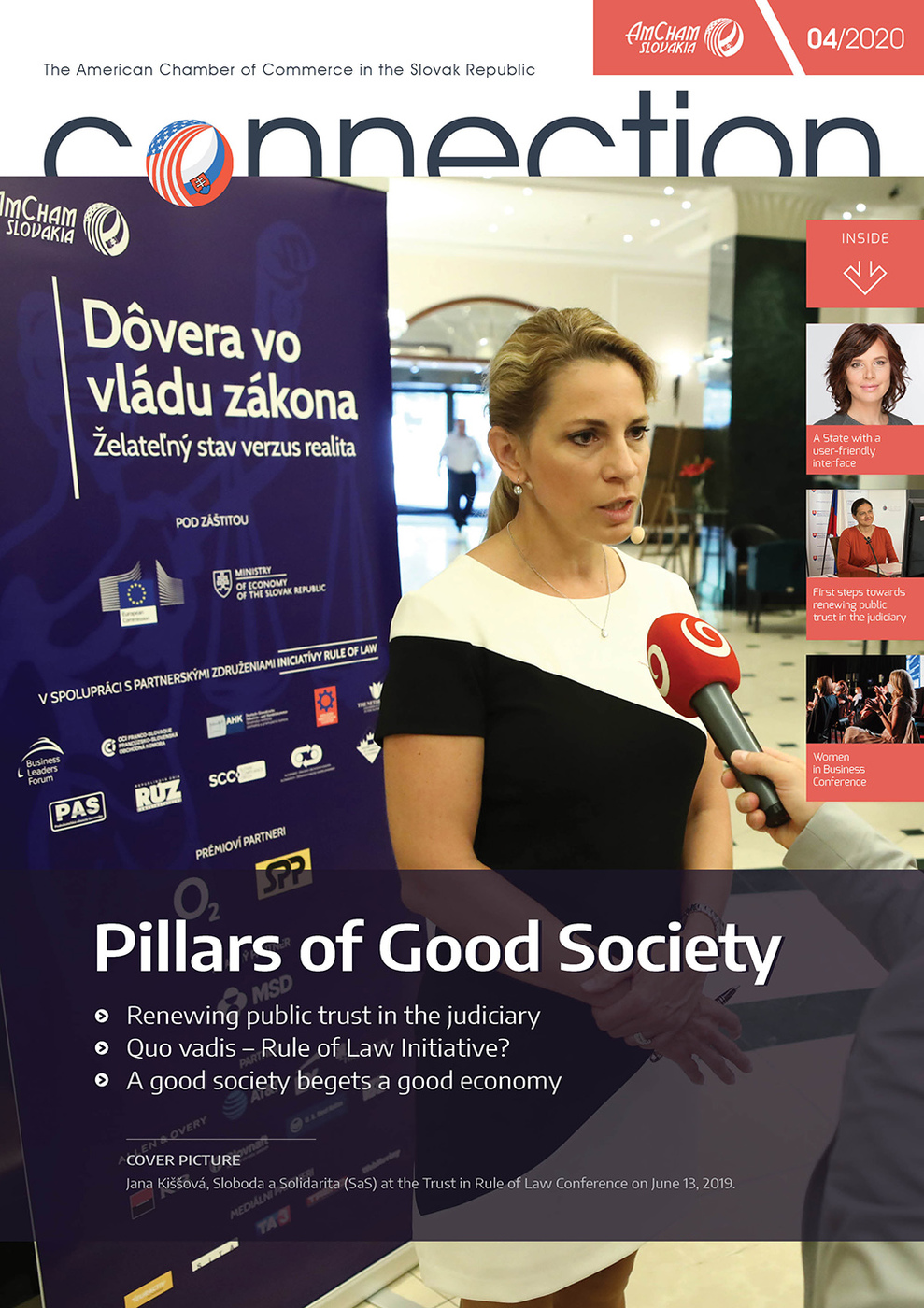
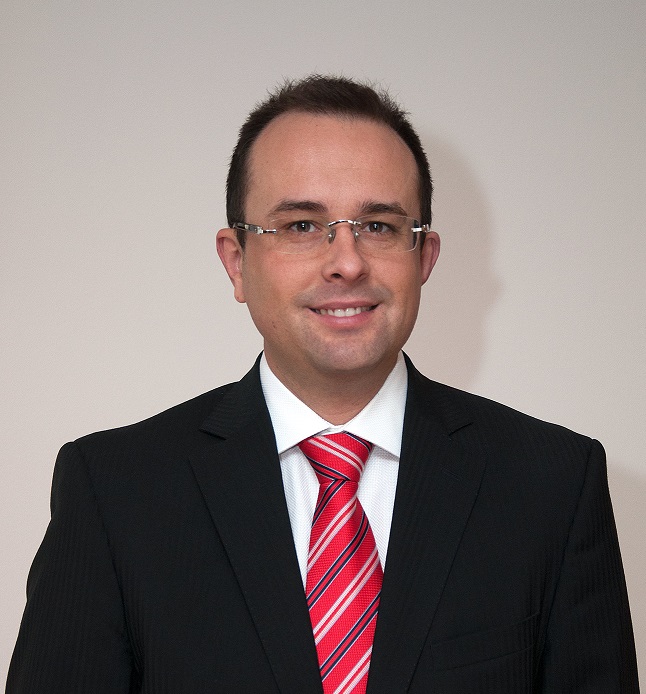
Follow us